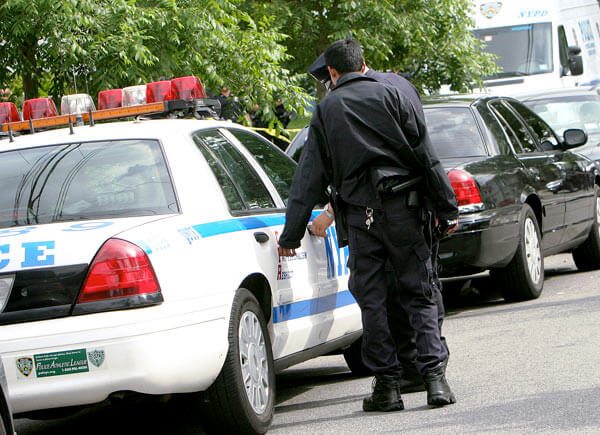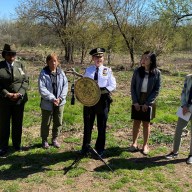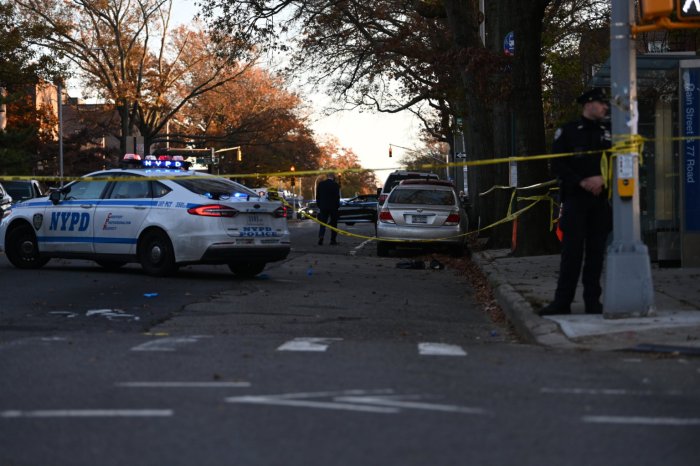By Rich Bockmann
A Manhattan federal judge Tuesday temporarily lifted a ban she had ordered earlier this month prohibiting the NYPD from using questionable stop-and-frisk practices outside certain buildings in the Bronx, but reasserted that she will consider even stricter restrictions in March.
On Jan. 8, U.S. District Court Judge Shira Scheindlin ordered the Police Department to cease making what she contended were unconstitutional stops outside Bronx buildings enrolled in the department’s Operation Safe Halls program, which grants officers access to patrol private buildings.
The judge said in her opinion the NYPD’s stop-and-frisk practices were unconstitutional in cases where a “reasonable person would not feel free” to leave after being stopped by police simply for being near one of the Safe Halls buildings.
In Queens, communities such as Jamaica, Jackson Heights and Corona — which have some of the largest numbers of stop-and-frisks in the city — have decried the practice as racial profiling.
After the city appealed Scheindlin’s order, she temporarily lifted the ban Tuesday, writing that forcing the NYPD to retrain its officers “may impose significant burdens on the NYPD.” She will preside over a class-action case involving a broader challenge to stop-and-frisk in March.
“Because any unnecessary administrative costs imposed on the NYPD will be in some sense irreversible, the risk of irreparable harm weighs in favor” of lifting the ban, she wrote.
City lawyer Heidi Grossman said she believed “the court correctly lifted the immediate relief it had ordered” earlier.
Scheindlin indicated that when she conducts a hearing in March on the second case, she plans to consider even tougher restrictions to the NYPD’s policies.
Forcing the NYPD to comply with two separate and possibly different sets of orders, she wrote, could create “administrative inefficiencies” that may harm the department.
And while she conceded that allowing the NYPD to continue making questionable stops could harm those in danger of being stopped, she said the time to consider the appropriate balance would come soon enough.
“On the other hand, allowing a longstanding unconstitutional practice to persist for a few months while the parties present arguments regarding the appropriate scope of a remedy is quite distinct from allowing such a practice to persist until the completion of trial,” she wrote.
Scheindlin denied a request by the city to postpone the March trial.
Reach reporter Rich Bockmann by e-mail at rbockmann@cnglocal.com or by phone at 718-260-4574.






























